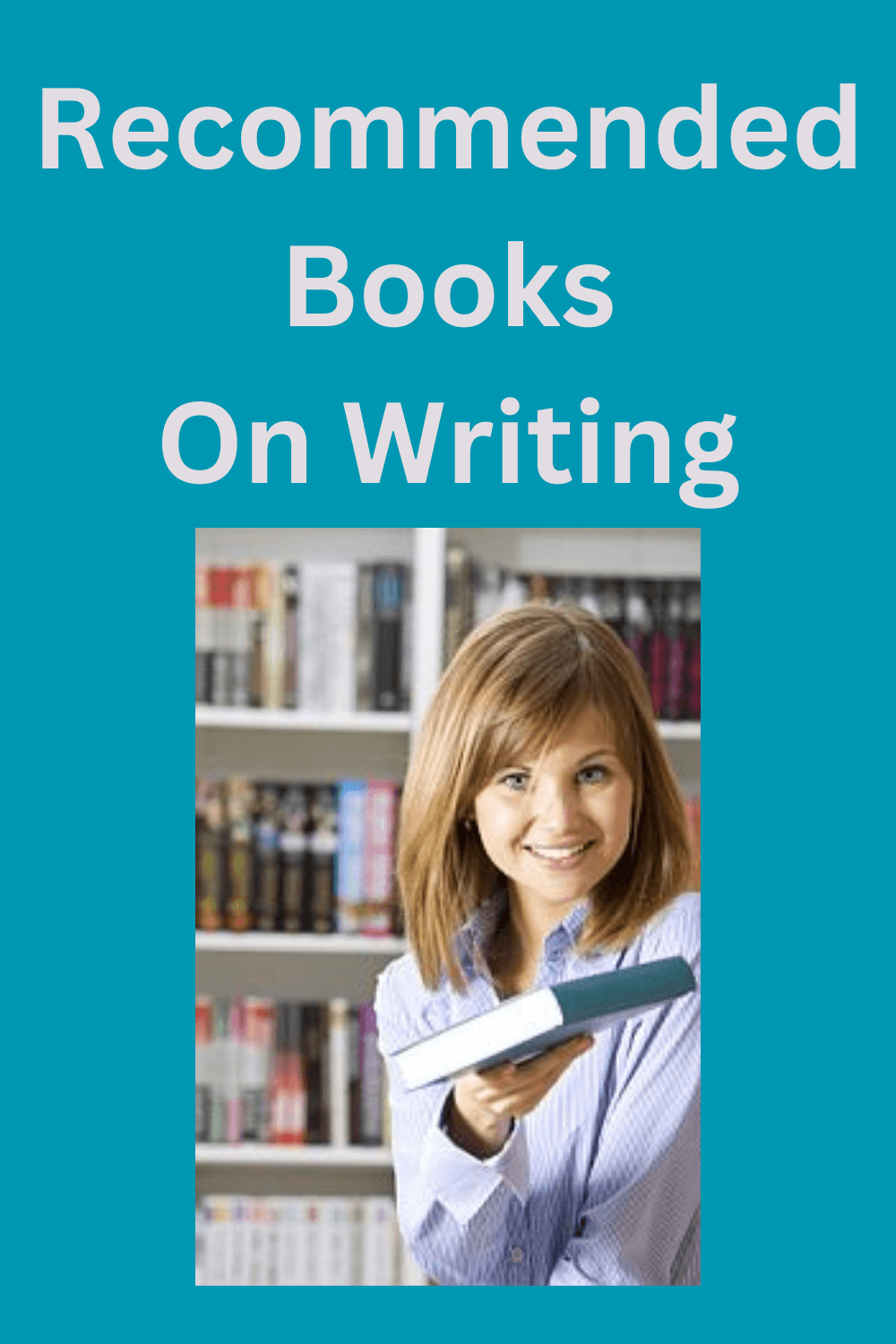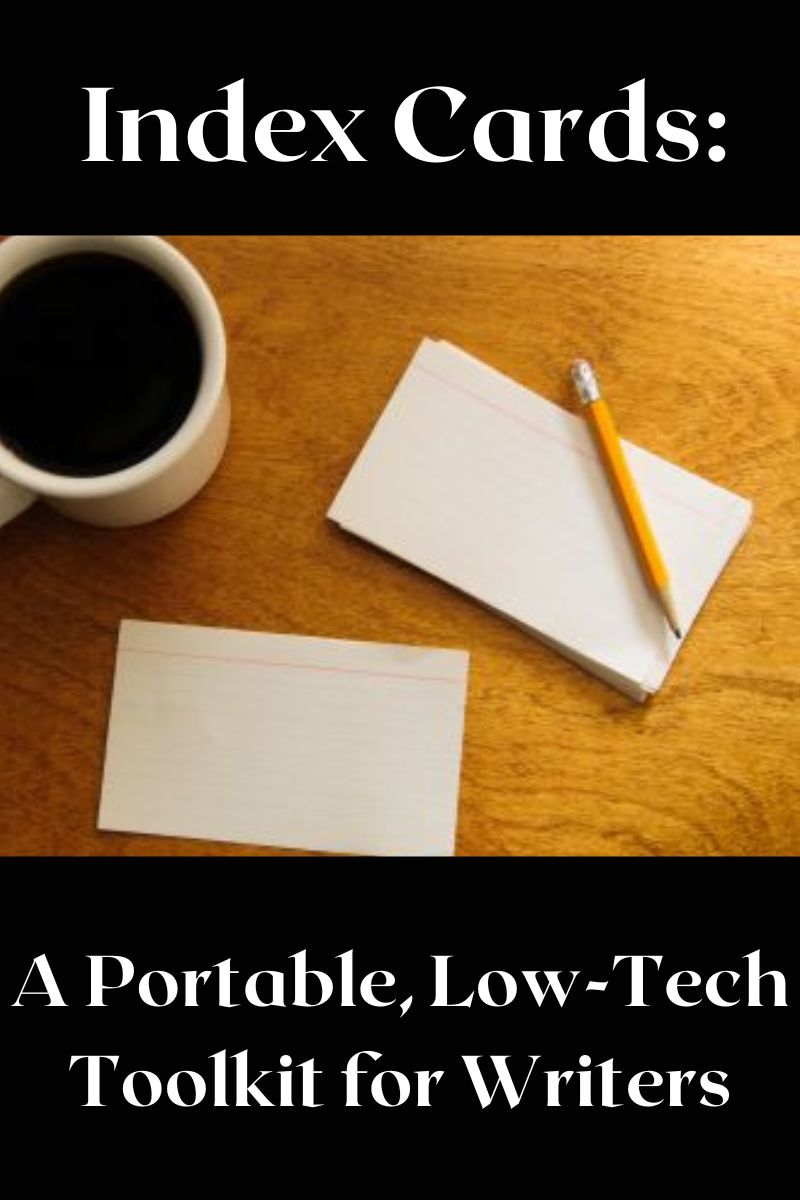Recommended Books On Writing
Today, there are over 100,000 books on writing available from major booksellers. And that's not even including online resources. Even if we exclude reference books and books on specialized niches, you still have a vast universe of information at your fingertips.
While it's wonderful to have such resources, the trick these days is to be selective. You don't need, for instance, to read 1000 books on writing fiction—just a few really good ones that speak to you and give you the answers you need, depending on your unique challenges and interests. Books that make you feel empowered and inspired as a writer are invaluable.
Below, we'll start off with a few of our favourites. (Please note that, as an Amazon Associate, this site earns if you purchase books after clicking images on this page.) However, we hope visitors like you will also share the best books on writing you've discovered. Tell us in a brief summary or review why you found them especially helpful.
But first...
Books on Writing and Creativity in General
by Julia Cameron
This book is a self-help program for creative people, a system for overcoming writer's block and for nurturing your artistic abilities. If you have dreamed of becoming a writer but have been held back by circumstances, excuses, or self-doubt, this book will help you finally fulfill that dream.
Cameron prescribes several unique exercises, including writing "Morning Pages" as a daily routine, taking yourself on "Artist Dates," and taking regular breaks from media.
Since this book was published, Cameron has written several others, but my feeling is that, as with most self-help series, the most powerful tools are in the introductory volume. For example, you can buy an "Artist's Way" blank book for writing morning pages (one of the exercises she recommends), or you can just use any notebook or paper or your laptop.
Books On Writing Novels
by Ansen Dibell, Orsen Scott Card, and Lewis Turco
AND
More About How to Write a Million
by Monica Wood, Kit Reed, and Jack Bickham
This two-volume set actually contains six books, each one written by a different author. Each volume is crammed with highly practical tips that are almost certain to help you become a better writer. Together, they constitute a complete course in novel writing, covering the following subjects:
1. Plot
2. Characters and Viewpoint
3. Dialogue
4. Description
5. Revision
6. Setting
You may have to hunt for these books, since they were published in the mid-1990s and are less well distributed in the U.S. (possibly because the pound sign in the title seems to target a British audience). However, it's well worth the effort because the advice is equally valuable and applicable to all novel writers no matter where in the world they reside. I recommend you read each book at least twice.
How to Write a Damn Good Novel
by James N. Fry
This is a hard-boiled novel writing book and an ideal guide for anyone wanting to write genre fiction or other plot-oriented novels (i.e. not literary fiction). It's about the craft of writing page turners. But even if your style is more literary, this book will help you add another dimension to your writing.
Frey has also written several other sequels to this book, but again it's usually best to start with the first book in a series and see if it grabs you.
by Rayne Hall
If you aren't a martial arts or stage combat expert, but you still want to include fight scenes in your stories -- and especially if at least one of your fighters is supposed to know what he/she is doing -- then this inexpensive book is a great introduction to the topic.
Hall covers a wide range of fight scenarios, including different types of weapons and opponents, and the differences between male and female fighting techniques. Particularly useful is her description of how to structure a fight scene. Hall has a background in stage combat, which is useful for crafting fight scenes with dramatic impact.
Books on Writing Description
The Writers Helping Writers Series
by Becca Puglisi and Angela Ackerman
Every find yourself stuck for an adjective to describe a character's eyes, or feelings? Ever wonder how a particular type of trauma might affect a character? Looking for an interesting personality trait or occupation to assign to a character? An interesting conflict? Or a way to describe a setting?
Each of the nine books in this series offers you a thesaurus of terms you can use to beef up your descriptive writing or make your characterization more realistic. Of course, you will always strive to find original ways to describe things, but these books are a great resource that can inspire you and stimulate new ideas.
Books on Revision and Self-Editing
Self-Editing for Fiction Writers
by Renni Browne and Dave King
Browne is a former editor and in this book she and her fellow author show you the techniques editors use (depending on how much effort a publishers is willing to invest in a new author) to help writers take their manuscripts to a higher level of professional quality. The emphasis is on style and voice rather than story structure, but the advice is invaluable for novelists. The book features plenty of examples and exercises for each technique. Topics include showing vs. telling, characterization, dialogue, beats, point of view, and diction. Working your way through this book while preparing a second draft of your manuscript could bring amazing results.
Books on the Business of Writing
by Rachel Simon
We were first drawn to Simon's work on novel writing years ago. This book isn't so much about the art of writing but about how to meet the challenges of launching a career as a writer.
by Douglas Smith
This is an excellent book on the business of how to make a living writing short stories, written by a long-time science fiction writer. Smith goes into detail on rights issues and how to make more money selling the same story multiple times to various outlets, how to work with editors, and how to find markets for your work.
Strictly for Dramatica Users...
by Armando Saldaña Mora
If you use the Dramatica software to help you clarify your story ideas, this book is a godsend. It considerably reduces the effort needed to turn the information generated by the software into fully developed outlines.
If you don't use Dramatica, it's a waste of time. You need access to the software and a reasonably good understanding of Dramatica theory to benefit from the books advice.
Note that you can sometimes buy FREE ebook copies of this book, if you prefer that format.









































